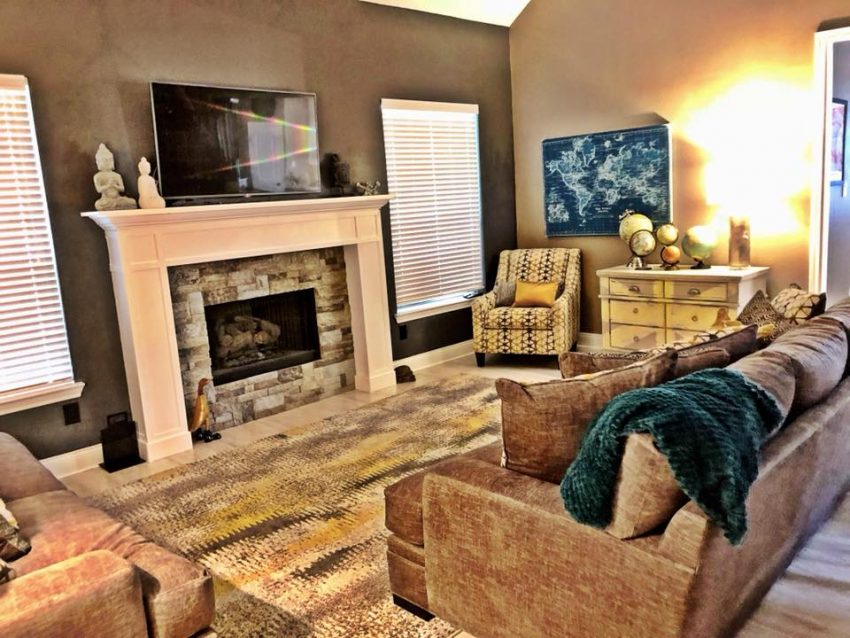Choosing Flooring for Your Upper Floors

Choosing the flooring options for the upper levels of your home requires more thought than when you’re selecting them on the ground floor. This is because the upper floors have a few more things to consider that will determine what type of flooring is appropriate. A common mistake is to assume that flooring that works on the ground level will be just as good on the level above. Sometimes, this isn’t the case, and you have to think about these key things before making your decision:
Safety
Firstly, the higher up your house you go, the less safe it becomes. This is simply because you run the risk of falling down the stairs. On the ground level, you have no stairs to climb, so this isn’t a risk. But, even on the first floor, you could fall down the stairs and hurt yourself. The risk is made even greater depending on the flooring you have up there!
For example, if you go for really slick flooring on the landings, you definitely have a high risk of slipping and falling down the stairs. Particularly if you have young children in your home that have only just learned how to walk. It makes sense to opt for flooring options that are safe and can provide more grip for your feet. This is why a lot of people might opt for a hardwood floor on the bottom level of their home, but switch to carpet on the upper floors. Harder flooring makes more sense and is safer in your ground-floor hallway compared to the first or second-floor landing!
Noise
Secondly, you need to think about how noisy a flooring will be. Again, having hard flooring in the rooms above your ground floor can sometimes be an issue. When people walk, they make an absolute racket! The noise can be extremely annoying for anyone below the room, making your house feel so incredibly loud.
Thankfully, you don’t have to resort to laying carpet down everywhere. You can still have hard flooring options in different rooms, the trick is to understand how to install them. When you lay down something like engineered wood flooring, you must install it as a floating floor. Basically, this means that there will be a subfloor beneath the flooring itself. The purpose of this is to give the flooring some added protection, but also to act as a sound barrier and insulator. Therefore, you can have a hardwood floor in your bedrooms, but they won’t make loads of noise.
In all honesty, these are the two main things to consider when selecting flooring options for the upper levels of your home. Of course, you will also need to take the usual things into account as well. This includes budgets, your interior design ideas, floor durability, etc. All of these things are thought about when buying any type of flooring for any level of your home. The two we’ve covered today are simply seen as more important considerations when dealing with floors on the higher levels.






